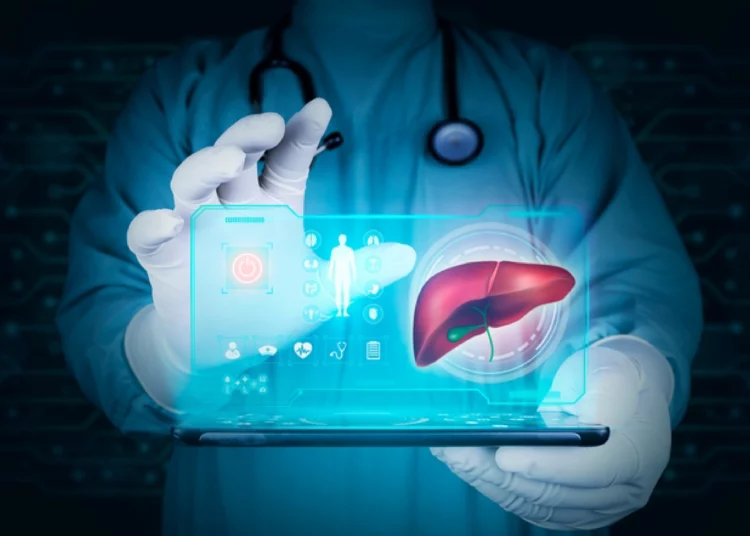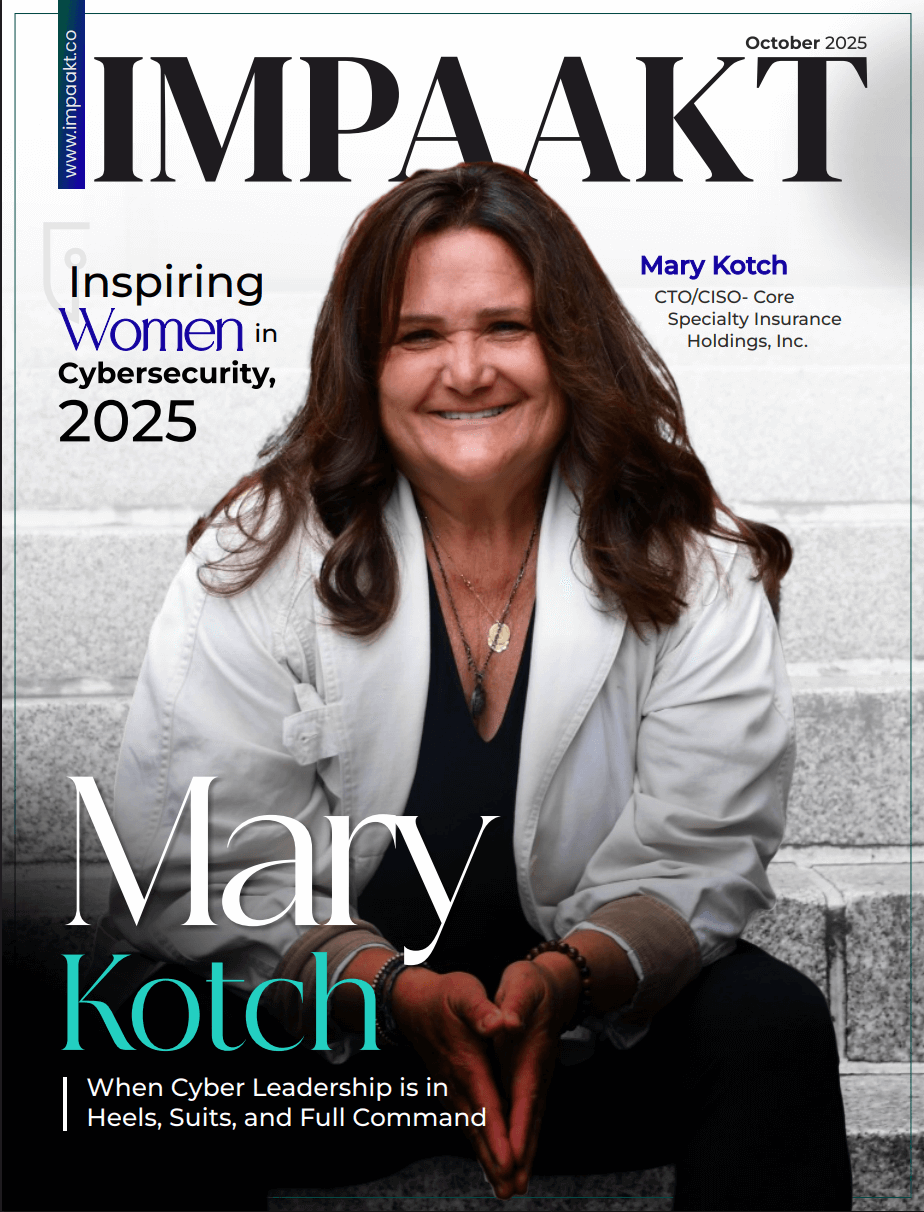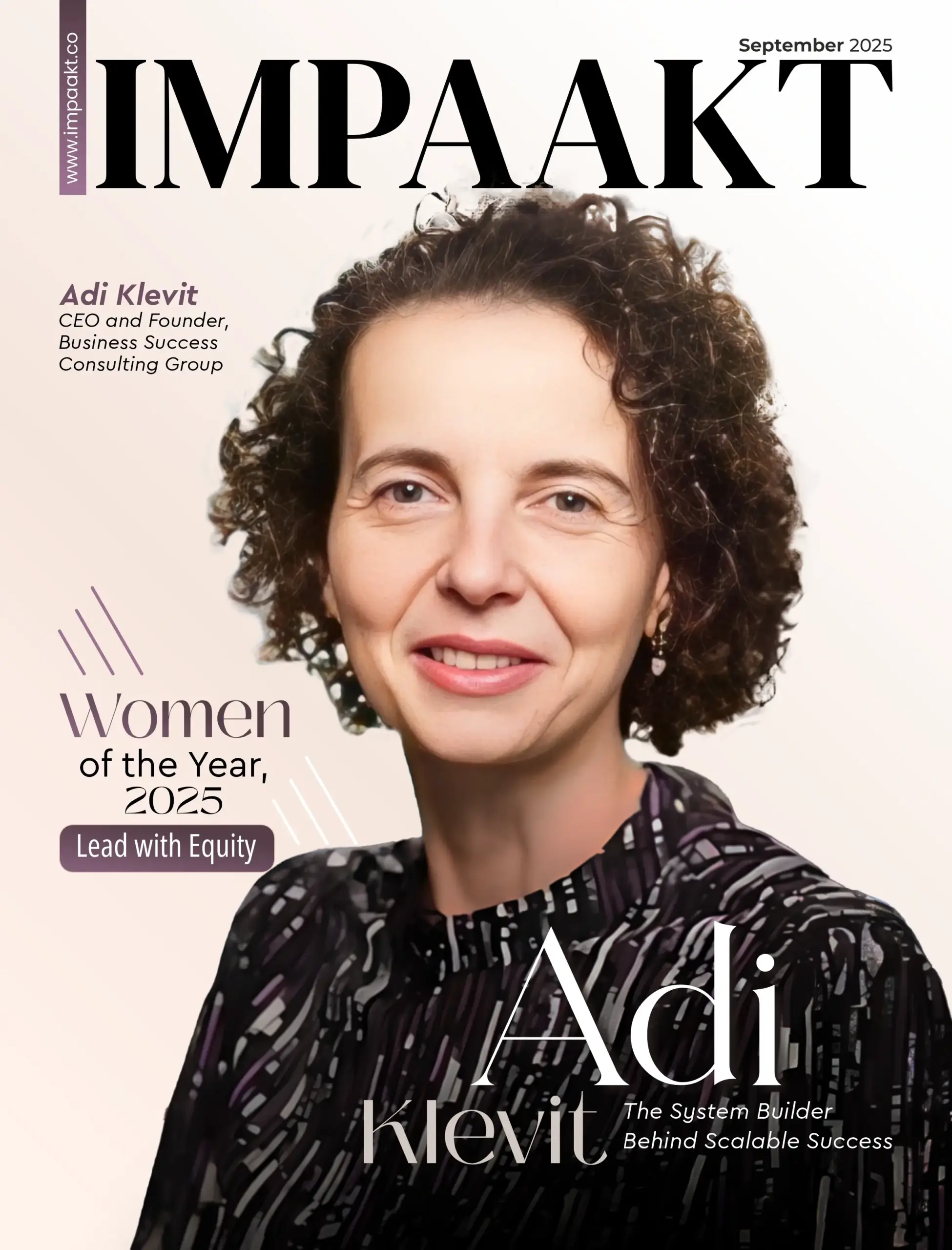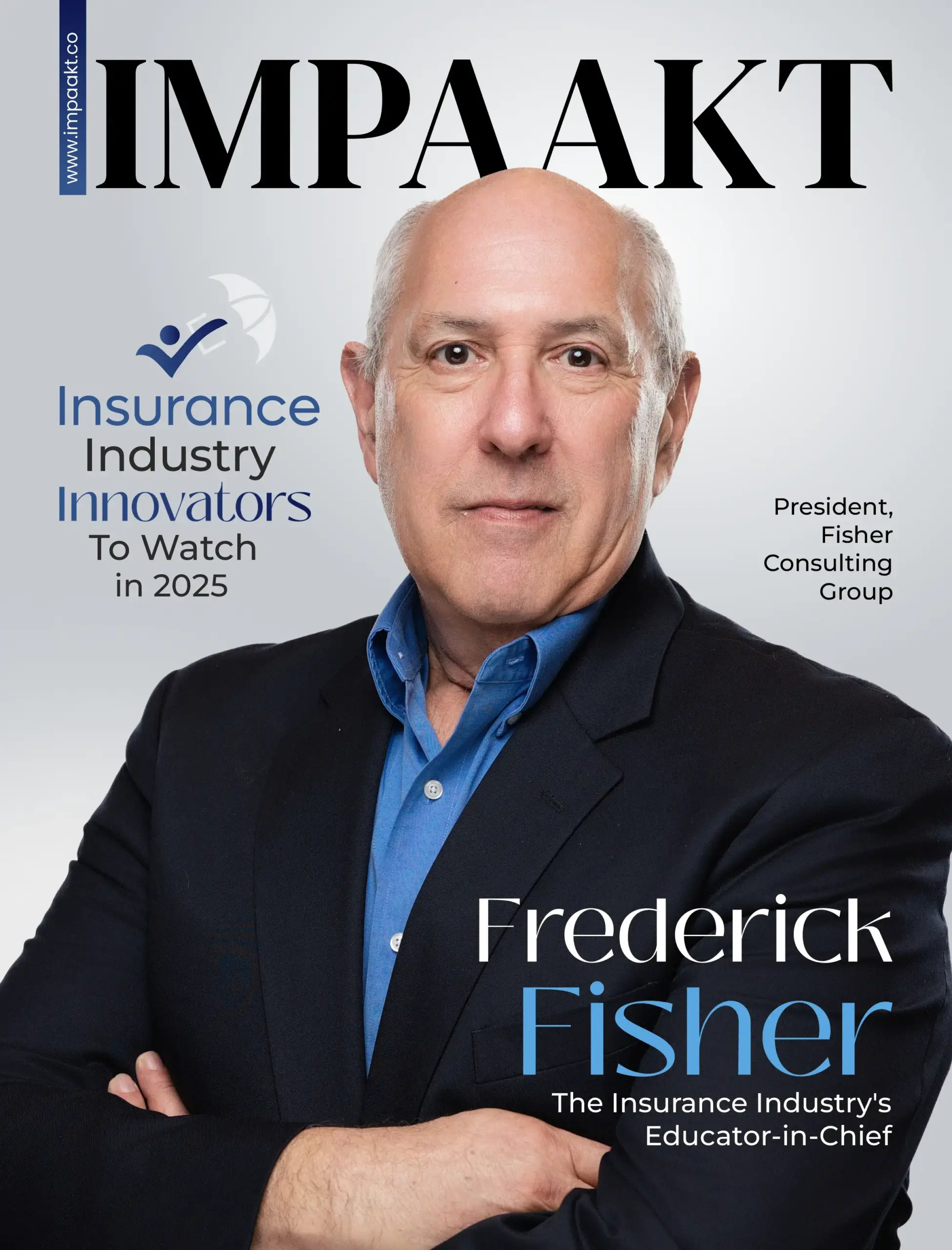One GI®, a leading gastroenterology practice management company, is integrating artificial intelligence (AI) technologies to enhance patient care, streamline operations, and support healthcare providers. The company is implementing AI solutions across various operations, including clinical care, pathology, network infrastructure, revenue cycle management, security, finance, and data analytics. These initiatives aim to automate routine tasks and provide deeper insights into patient care and operational efficiency. “At One GI, we’re committed to leveraging cutting-edge technology to provide the best possible care for our patients,” said Christa Newton, CEO of One GI. ”By embracing AI, we’re not only improving our clinical outcomes but also creating a more efficient and responsive healthcare environment.”
The integration of AI at One GI extends beyond clinical applications. The company is using AI to enhance administrative processes, from streamlining financial operations to improving data management and analysis. This comprehensive approach ensures that the benefits of AI are leveraged throughout the organization. Dr. Vasu Appalaneni, Executive Vice President of Clinical Innovation and leader of One GI’s AI projects, emphasized AI’s transformative potential in gastroenterology- “AI is revolutionizing how we approach patient care, from assisting in diagnostics to reducing the administrative burden on our physicians, these technologies allow us to focus more on what matters most – our patients.”
One GI’s commitment to AI includes ongoing evaluation and implementation of new technologies. The company is actively piloting innovative AI solutions and establishing governance frameworks to ensure responsible and effective use of these tools. As One GI continues to lead in the adoption of AI in gastroenterology, the company remains focused on delivering exceptional patient care and supporting the professional growth and well-being of its healthcare providers. “We’re seeing improvements in efficiency, workflow optimization, and alleviating physician burnout,” said Dr. Appalaneni. “This translates directly to better patient experiences and outcomes.”











